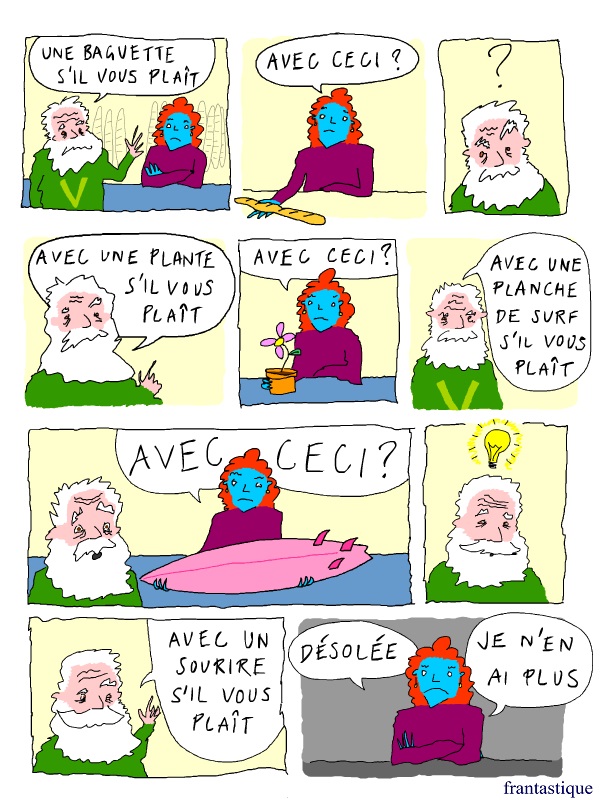This is a guest post by Izabela Wisniewska
Learning a new language is one of the more typical New Year’s resolutions we see and often, one of the most flippant. Though the desire to learn a new language is genuine actually getting motivated to do something about it is another thing entirely. If you are seriously considering learning a new language in 2016 then you should think about focusing your New Year’s resolutions on this. To help get you started, here are some of the top New Year’s resolutions for language learners in 2016:
1. One of the most difficult things to do when learning a new language is knowing where to start. Signing up to an online learning course or downloading a learning app will help you to structure your learning and give you an idea where is a good place to begin, while also giving you an introduction into the new language.
2. Schedule in some time every day when you can focus on your language learning, even if it is only 15 or 20 minutes this will keep the new language fresh in your mind. If possible try to fit two short learning lessons into your day, or one longer period where you can really focus.
3. Make use of online tools and mobile phone and tablet/iPad apps. Firstly, you can download and use productivity hacks designed to help you to become focused and work more efficiently, this will help you to organise your time and set deadlines to help ensure your learning progresses. Secondly, there are plenty of language teaching apps, vocabulary testing tools and dictionaries etc. that can prove invaluable aids in learning a new language.
4. When you start to learn a new language, speak it as much as you can, practice at home and to yourself or speak with other people you know who also speak the language. This will not only help you to feel less self-conscious and more confident, but it will also help you to remember the vocabulary and refine your pronunciation.
5. Your long term goal is to learn a new language, but starting out this can seem like a massive and overwhelming task. Instead of focusing on the long term goal, break it down into a series of short term, manageable goals and aim to reach these instead.
6. Consider saving some money and taking a trip abroad so that you can communicate native speakers of the language you are learning. This will really help you with your pronunciation and will highlight where there are differences in the language used in practice and in accents and dialects of native speakers.
7. Allow yourself to enjoy your accomplishments and the progress you have made. It is easy to reach a short term goal and immediately move onto accomplishing the next, keeping in mind you still have a bigger, long term goal to achieve, but try not to do this. Instead enjoy reaching your goals, show off your new skills to your loved ones and give yourself a pat on the back, encourage your own learning.
8. Know your limitations and don’t expect too much of yourself. You may see websites that claim to teach you a language within three months, but this does not necessarily apply to everyone and you may not be able to replicate the same results. If you are limited in time, you have a shorter attention span or you have more pressing things to do, keep this in mind when you set yourself goals and deadlines. If you expect too much of yourself you set yourself up for failure which can end up demotivating you.
Follow these resolutions and you should find it much easier to start and enjoy your language learning process.
———————————————–
Do you have any language-related resolutions for this year?
I plan to continue learning Russian, and would like to learn more Czech, and some Greek.


